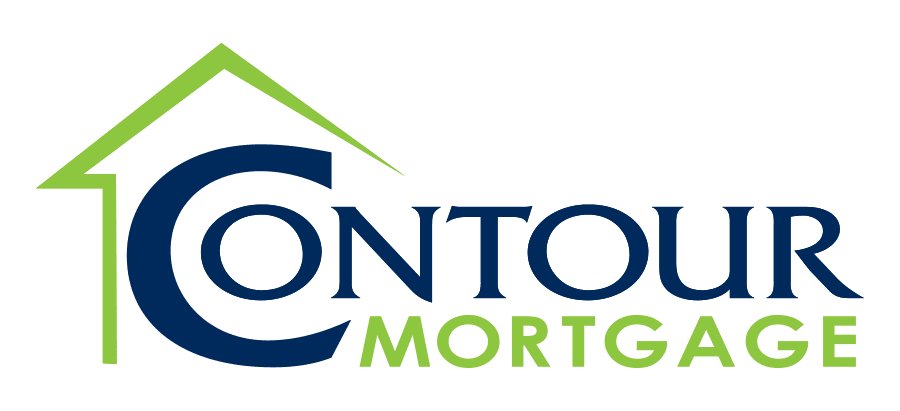First-time home buyers on Long Island, as well as the rest of the country, are often faced with the same uncertainties. From not understanding what types of loans are available and when they should apply to being unsure of what neighborhoods are in their price range (or what their price range is, for that matter), there are many questions to be answered.
Four tips for first-time home buyers on Long Island include: receiving assistance from real estate and mortgage professionals, learning about different loans, planning ahead, and understanding the closing process.
Here's additional information expanding on this advice to bring you one step closer to owning your first home:
Seek Help From Professionals
Real estate and mortgage professionals’ jobs are to help people understand the home-buying process. This includes, but is not limited to, learning about the different loans available, which we’ll explain further in just a bit, the qualifications that must be met, and the amount of inventory currently in the area. In short, these professionals can make purchasing a home a lot less stressful and confusing. They can even quicken the process—as a result, enabling you to becoming a homeowner that much sooner.
You’ll need to set a budget to narrow down your search and find an affordable home that meets your needs. This is where a reliable mortgage loan originator comes into play. He or she can help pinpoint what your budget should be, by carefully assessing your financial background. Furthermore, when you finally find a property you can envision yourself living in—whether in Nassau or Suffolk County—you may not know how to best negotiate price. As explained in one of our previous posts, a good quality of a real estate professional is the ability to negotiate price and terms for his or her clients.
Learn Your Loan Options
FHA, USDA, VA—there is a long list of loan options and programs for home buyers to utilize. While doing research on your own is always helpful, it’s even more advantageous to contact a trusted mortgage lending company that can clearly explain the differences between these loans and the requirements needed to qualify. Plus, you may qualify for more than one, so working with a knowledgeable mortgage professional could help point you in the right direction. Remember, buying a home is a giant step in a person’s life, but it’s also a big financial commitment. This doesn’t just include upkeep, but also monthly mortgage payments, which are affected by the type of loan you choose.
Plan in Advance
As aforementioned, every mortgage loan has its own set of requirements. However, there are some common qualifications every first-time home buyer should keep in mind, such as credit. Because it can take some time to improve your credit, taking the steps to do so long before you start looking at homes can put you in a better position financially when it comes time to get pre-approved.
This brings us to our next point.
It’s important to get pre-approved for a mortgage loan, because this not only gives you an idea of your ideal budget, but also makes you a more appealing buyer to motivated sellers, among other advantages. Both are reasons to always plan ahead when it comes to buying a home.
Understand the Closing Process
You get pre-approved for a mortgage loan. You finally find a property you want to call home, and the sellers accept your offer. Now what?
First-time home buyers should understand what happens after this step, because the process isn’t over just yet—now the closing process begins. A real estate professional can provide invaluable guidance through this stage, too. Remember, when it comes to the closing table, there’s not only you, your real estate agent and attorney and the seller’s attorney, but also the title company and bank attorney. Learn more in another of our previous posts: Your Home Purchase: Who’s Who at the Closing Table.

















